Last week, The Denver Foundation staff joined hundreds of peers in Chicago for the Council on Foundations’ annual event titled “Building Together: Leading Collaboratively Across Differences.” This event was structured as a leadership experience to develop the strategies and skills to productively navigate differences in service of the greater good.
It was more than a conference, it was an opportunity to think deeply about our personal and organizational ability to bring people together, address differences, and create stronger communities. The event featured plenary sessions from conservative columnist David Brooks, journalist and author Amanda Ripley, and others, and interactive skill-building workshops. There were also opportunities for networking and connection across the sector, allowing us to learn from each other and share our experiences.
The Denver Foundation staff will bring this expertise back to the community and share it with our donors and fundholders, nonprofit partners, and community leaders.
There were three main lessons from the event:
- We need to build curiosity and see people how they want to be seen. Conservative columnist David Brooks said that if we can make people feel seen and build a culture of “we” instead of a culture of “me,” we can build a better, safer, and nicer America.
- We need to “bridge,” which means bringing people together across differences, resulting in a shared empathy and lasting stake in one another. It’s not about erasing differences. It’s about acknowledging them and working together despite them.
- We need to be comfortable with “good conflict.” Journalist Amanda Ripley said that good conflict creates connections and understanding. It goes somewhere and pushes us to be better. The goal is not to get rid of conflict. The goal is to make conflict useful.
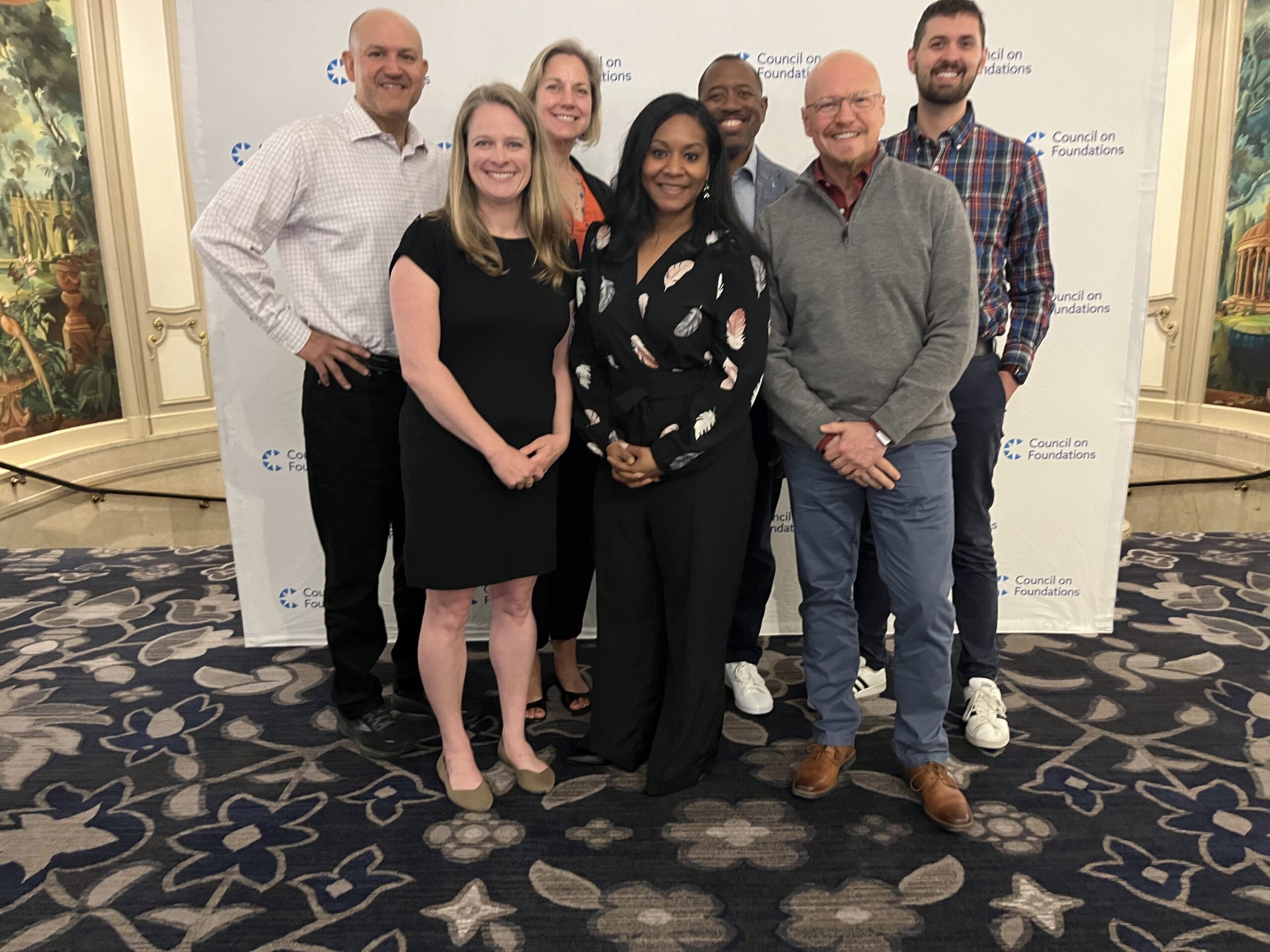
Bridging is not consensus-building. During a panel discussion about bridging and equity one of the speakers said, “It’s not about meeting in the middle, it’s about expanding to the edges.” That quote had a profound impact on many attendees I spoke with. When we talk about bridging divides and collaborating, it’s not about dominating the other side.
It’s not about giving up or gaining ground. It’s about acknowledging the humanity and identities important to those with whom you oppose, and understanding them and acknowledging their identities beyond the binaries of right/left, Republican/Democrat, liberal/conservative binaries. That is how we lead collaboratively across differences.
We need to come together to solve problems for the community.
I want to thank Dr. Tim Wilmot, who is our director of engaged learning. He helped plan the event with this unique structure centered on learning. Part of this structure was placing all participants in “practice teams” and setting aside time for the teams to reflect on what they had learned. This helped us network and bring different perspectives to the sessions we attended.
For me, as an individual who needs to navigate differences in my daily life, I learned so much about curiosity and conflict from this event. As a communications professional, I was motivated by the sessions about language and how the words we use can divide us or bring us together. I want to think about how this can apply to how we communicate with our partners at The Denver Foundation.
Below, other staff share their biggest take-aways from this event:
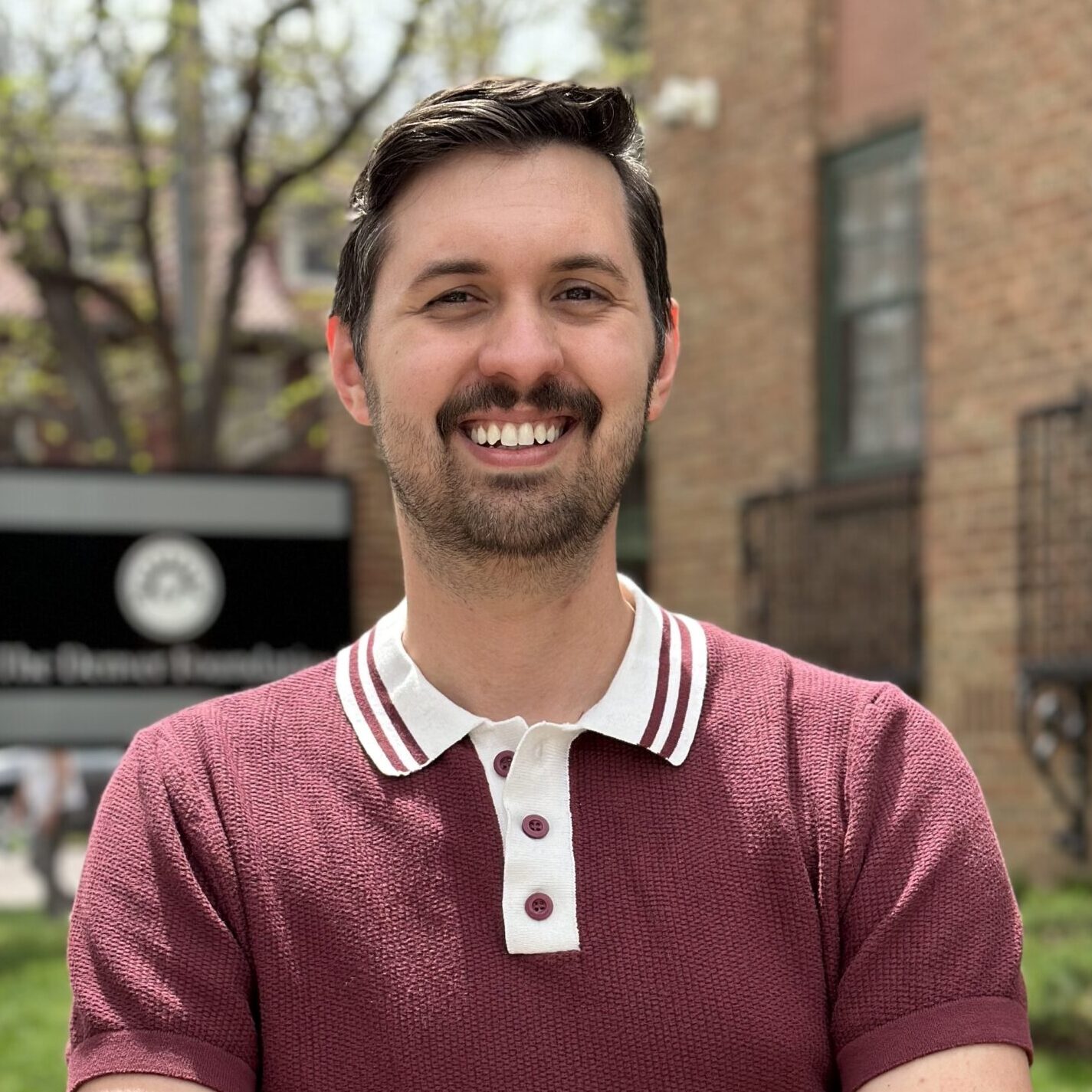
“As someone who was raised in a rural community who now lives and works in central Denver, I was excited to grow my local bridge-building roots at the conference. My work with nonprofits with diverse missions focuses on the idea of partnerships that set their legacy and invest their assets through The Denver Foundation, so this learning opportunity was important and one of many takeaways is that valuable time and resources are better spent on what unites us rather than what divides us.”
Zach Clapper, Director of Engaged Philanthropy
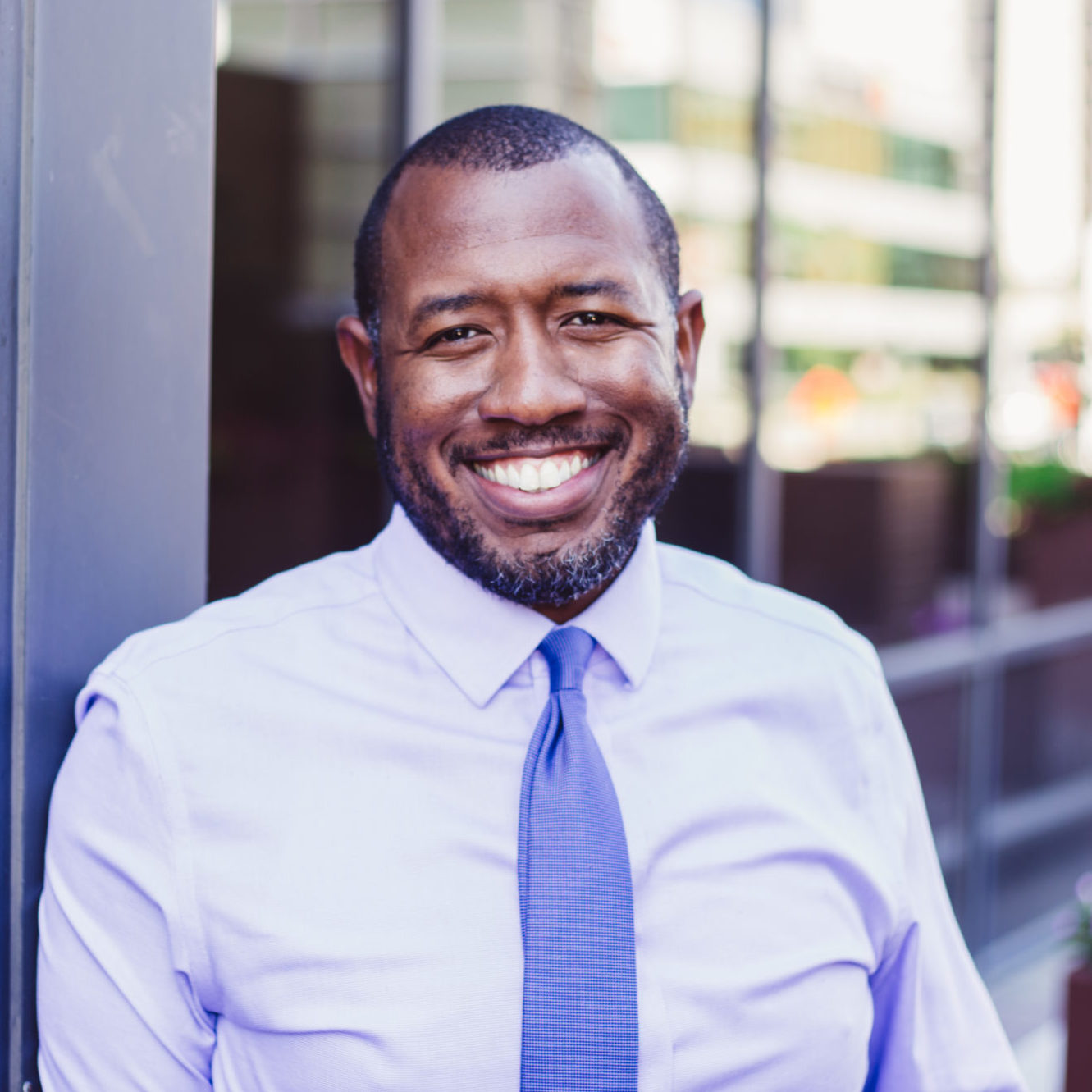
“This event felt more like a retreat and an opportunity to network with other foundations’ staff from across the country. I appreciated the deep dive and engagement in the content. One speaker talked about ‘building small bridges,’ as a way to start building connections with people — a way to connect in a small way with people you may disagree with on big issues. That is something I continue to reflect on after leaving the event.”
Rob Hill, Director of Human Resources
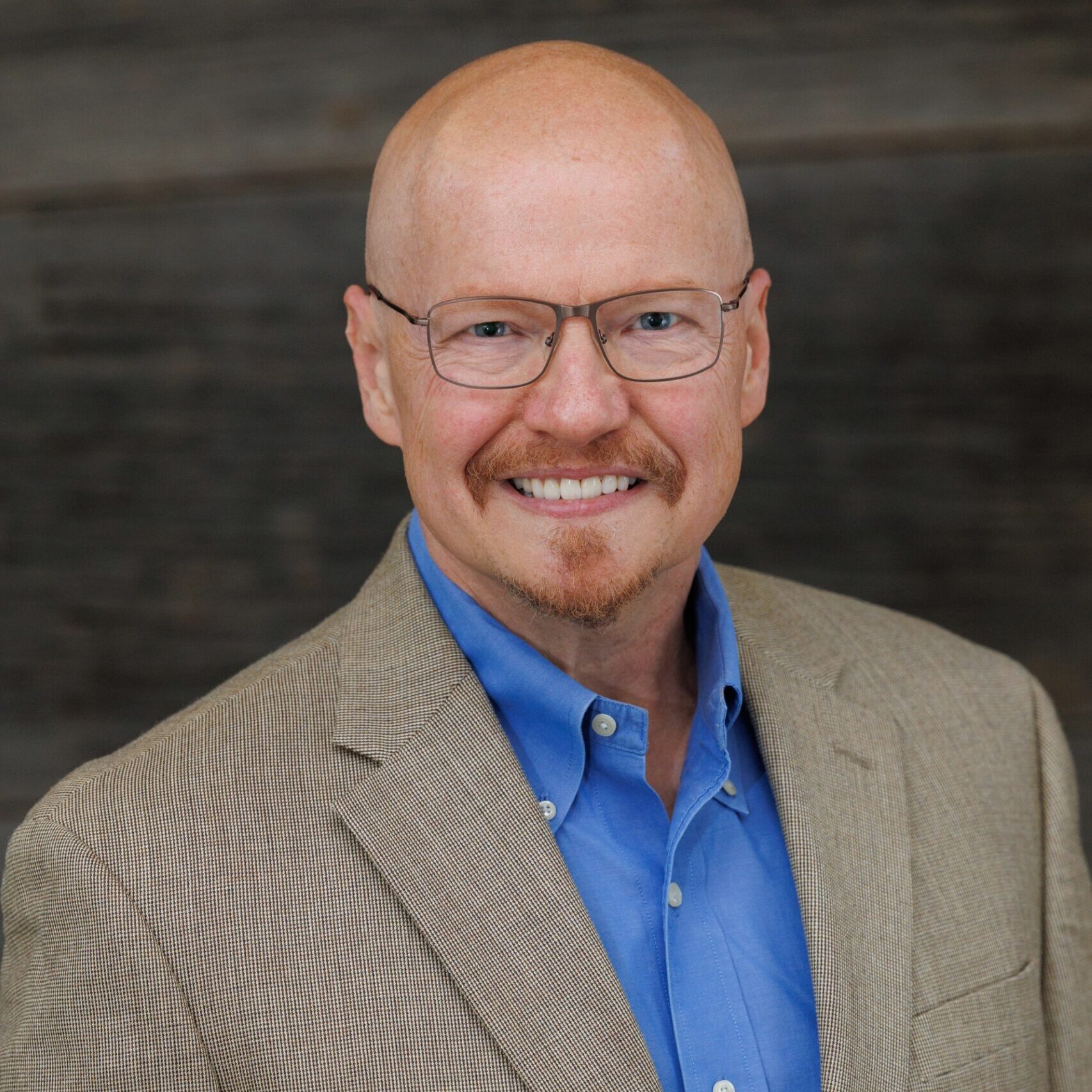
“I don’t recall being at a conference with such a high level of interest and connectivity among the participants. Most every room, table, and hallway conversation had a buzz to it. The folks who showed up really engaged, and the immersive learning experiences hopefully have catalyzed us all to bridge differences and counteract toxic polarization back home.”
Dr. Tim Wilmot, Director of Engaged Learning
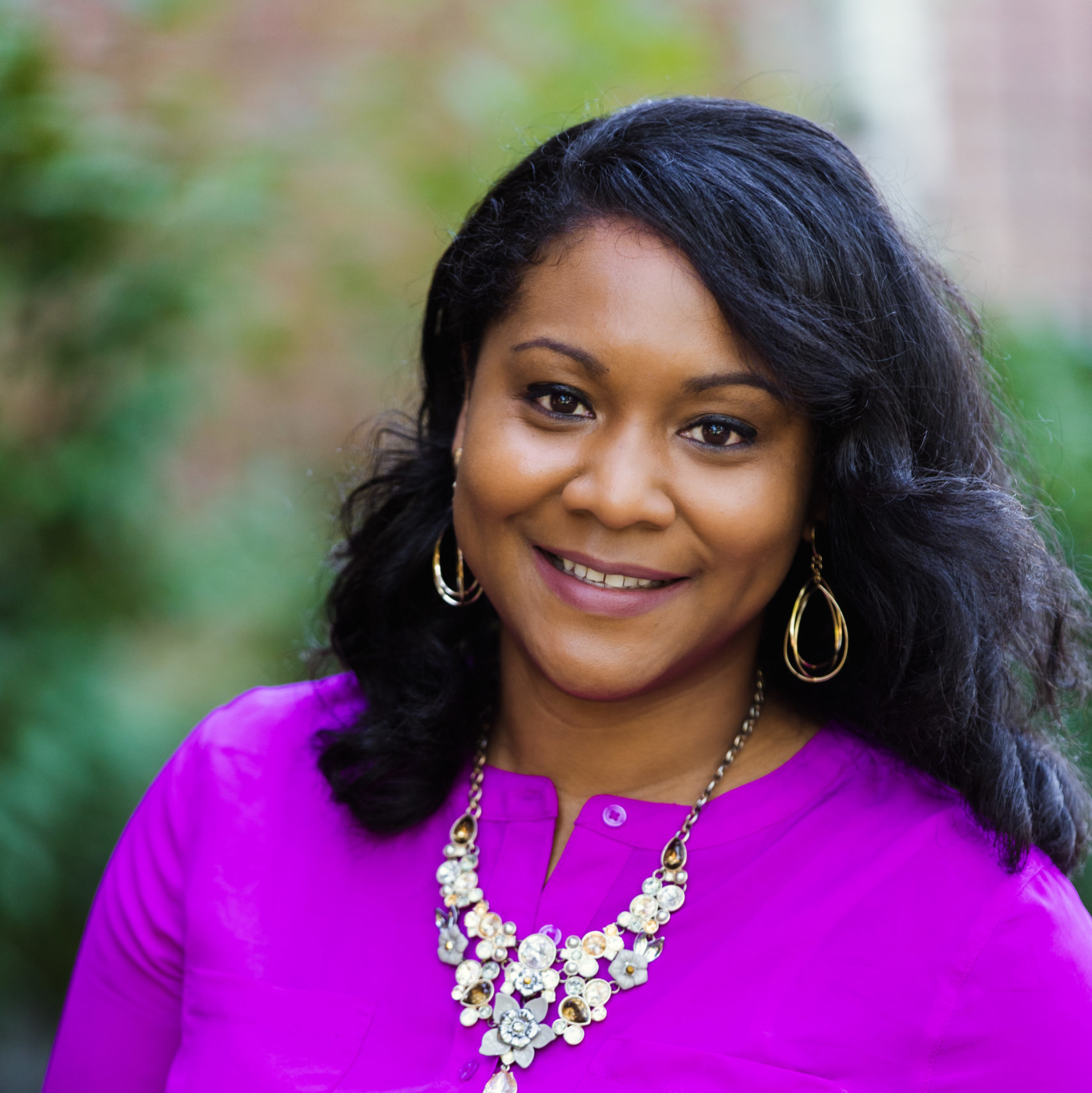
“The structure of this conference provided intentional moments to create meaningful connections with peers. My deepest takeaway from the conference is to remember to see people for their humanity. A quote that resonated with me was by author Monica Guzman who reminded us that ‘whoever is overrepresented in your mind, is underrepresented in your life.’ She said that we need to continue to make efforts to reach across those differences that may divide us and connect with one another to seek understanding.”
Charmaine Brown, Chief of Staff
